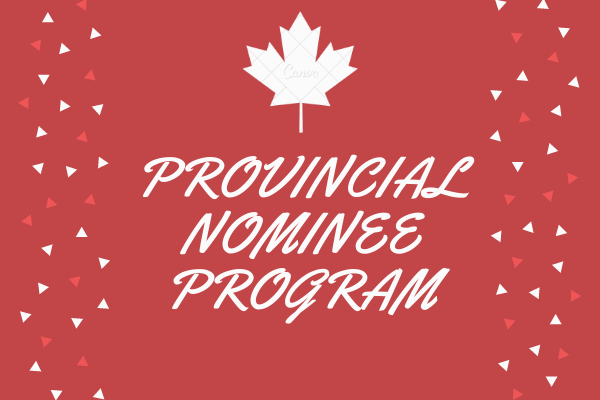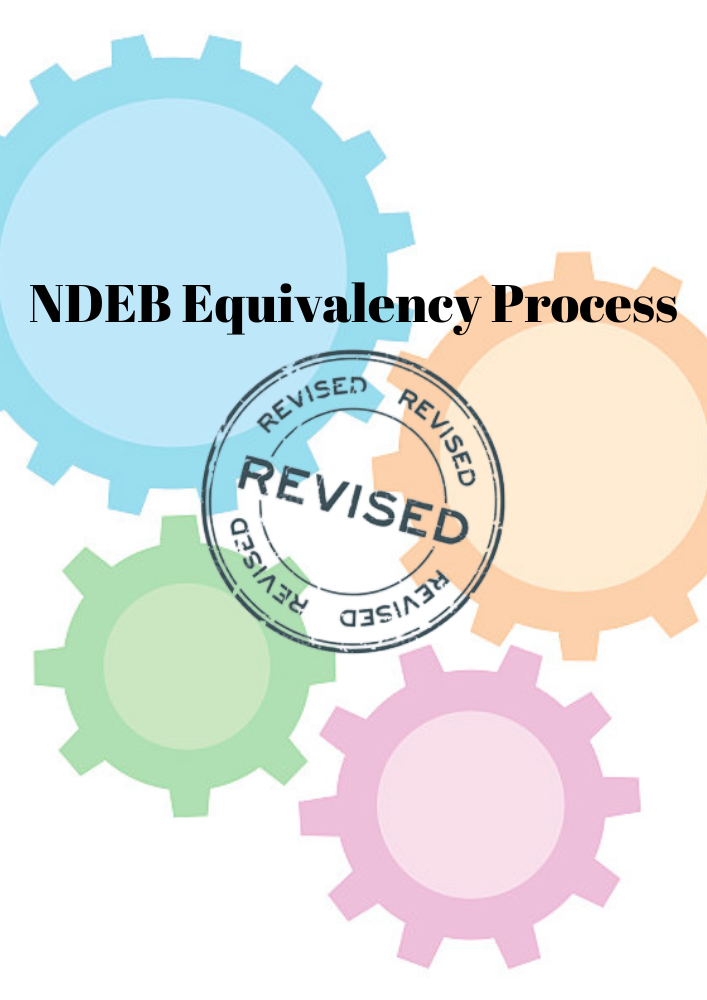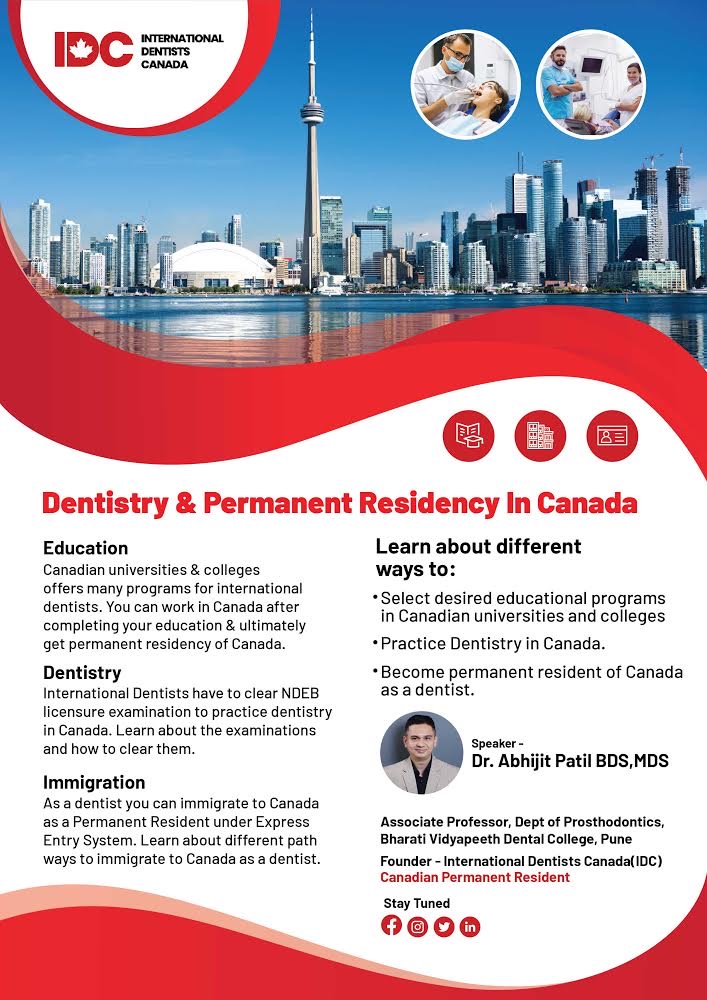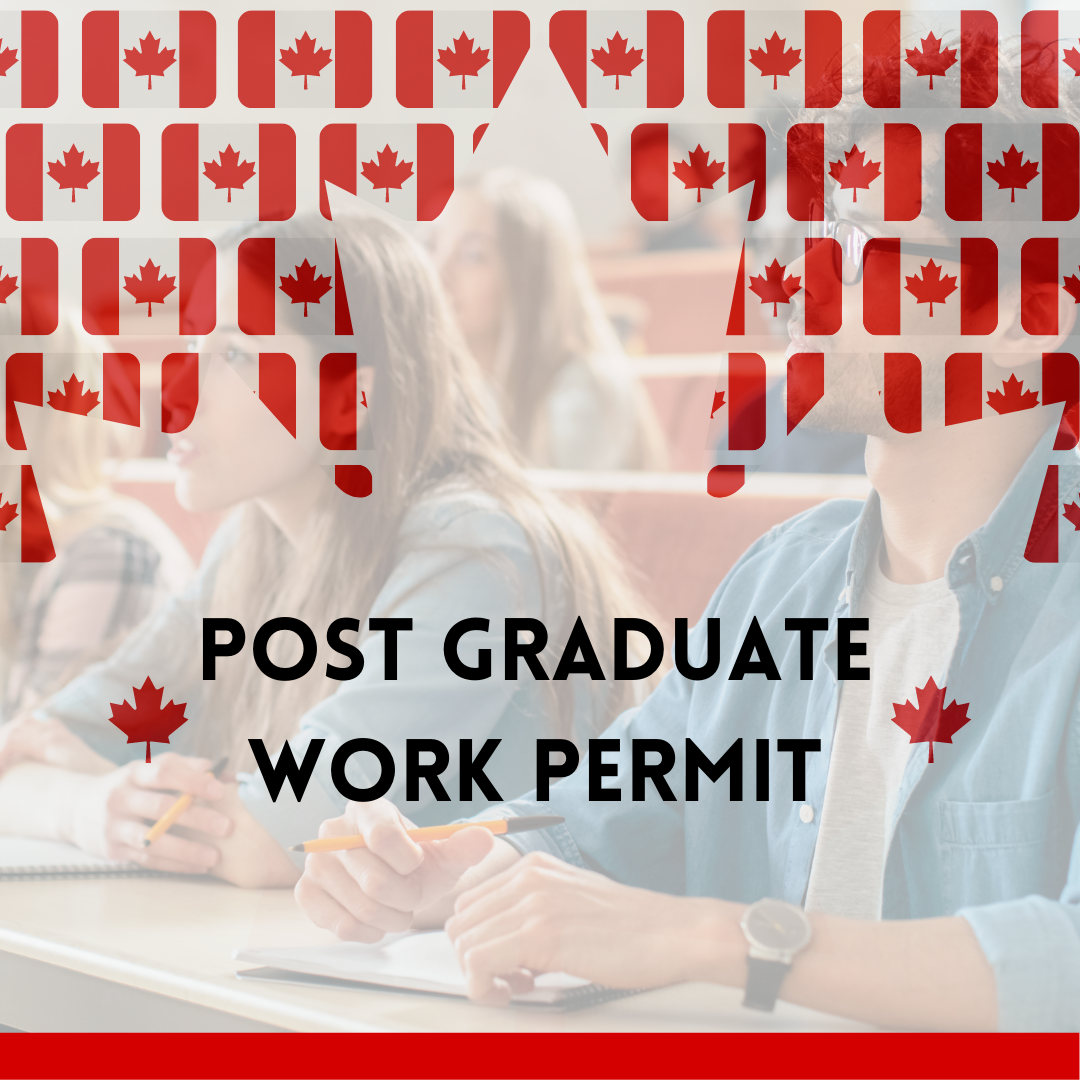
A study permit is a document issued by Immigration, Refugees, and Citizenship Canada (IRCC) that allows foreign nationals to study at designated universities or colleges in Canada.
Most foreign nationals need a study permit to study in Canada, however, this should not be mixed up with a visitor visa, which allows you to travel to Canada. All foreign nationals require either a visitor visa or Electronic Travel Authorization (eTA) to enter Canada and you will only be issued your study permit when you land in Canada at the port of entry.
How to get a study permit
Applicable to those looking to study in Canada at a college or university, and outside of the province of Quebec.
Requirements for the Study Permit application.
Acceptance Letter
One of the most important requirements is getting an acceptance letter for a program from an eligible Canadian university or college, otherwise known as a Designated Learning Institution (DLI).
- Tip:You need to include an original or electronic copy of your letter in your application, which is why it is usually a good decision to work towards getting an acceptance letter first, before preparing your study permit application.
The letter must:
- Be on the school’s official letterhead.
- Show the amount of tuition you’re required to pay.
- Have the expected start/end dates of your studies.
- Clarify the day by which you need to register for the program.
If you have been conditionally accepted and must take prerequisite courses before starting the main program, you are eligible for a study permit for the length of those courses, plus 1 year. Once accepted into the main program, you can apply to extend your study permit.
Proof of Financial Support
As part of your application, you need to prove you can support yourself, and any family members you may include in your application (spouse/common-law partner/children), in Canada. This includes tuition, living expenses, and travel for either the length of your program (if the program is less than 1 year), or for the first year of your studies in Canada (if your program is longer than 1 year).
The amount of funds required to support you as a student (along with family members) per year and per month outside Quebec are:
| Person coming to Canada | Amount of funds required per year(additional to tuition) | Amounts of funds required per month(additional to tuition) |
| You (the student) | CAN$10,000 | CAN$833 |
| First family member | CAN$4,000 | CAN$333 |
| Every additional accompanying family member | CAN$3,000 | CAN$255 |
The amount of funds required to support you as student (along with family member) per year and per month inQuebecare:
| Person coming to Canada | Amount of funds required per year(additional to tuition) | Amounts of funds required per month(additional to tuition) |
| You (the student) | CAN$10,000 | CAN$833 |
| First family member (18 years or older) | CAN$5,100 | CAN$425 |
| First family member (under the age 18 years) | CAN$3,800 | CAN$327 |
| Every additional accompanying family member (18 years or older) | CAN$5,125 | CAN$427 |
| Every additional accompanying family member (under the age 18 years) | CAN$1,903 | CAN$159 |
As per the CIC website, IRCC will accept proof of funds in the following formats:
- Proof of a Canadian bank account in your name if you’ve transferred money to Canada.
- Guaranteed Investment Certificate (GIC) from a participating Canadian financial institution.
- Proof of a student or education loan from a bank.
- Your bank statements for the past 4 months.
- A bank draft that can be converted to Canadian dollars.
- Proof you paid tuition and housing fees.
- A letter from the person or school giving you money or
- Proof of funding paid from within Canada, if you have a scholarship or are in a Canadian-funded educational program.
Proof of Identity
You and everyone included in your application will have to provide copies of valid IDs. This is usually a passport or other travel document, and if applying online, you can include a copy of the information page of your passport (the pages with your picture, date of birth, signature, expiration, etc.).
If you are exempt from having to give biometrics, you will also have to provide 2 recent passport-size photos, with the name and date of birth of the person written on the back of each.
You must also show that you:
- Have satisfactory proof of financial support for yourself and your family (if applicable)
- Are law-abiding and have no record of criminal activity (you may be asked to provide a Police Clearance Certificate)
- Are in good health (a medical examination may be requested)
- Have copies of a photo ID and other applicable status documents.
Letter of Explanation (LOE)
It is usually a good idea to include an LOE in any immigration application, as it helps the immigration visa officer understand your situation and goals for coming to Canada. A quick introduction to who you are and why you want to study in Canada.
- That you understand the requirements of coming to Canada as a student.
- Any specifics of your documents or application that may be out-of-the-ordinary, or not obvious to the agent.
Certificat d’acceptation du Quebec (CAQ)
You need to submit Certificat d’acceptation du Quebec (CAQ) from the Ministere de I’Immigration, de la Francisation et de l’Integration if you want to study in Quebec for more than 6 months.
Remaining Documents
The remaining documents mostly consist of filling out the proper forms, and a few others that may be required or not depending on what country you’re applying from. These could, but may not, include:
- Police background checks,
- Medical exams,
- and others depending on your country.
To apply from outside Canada:
- Make sure you have all your documents scanned and ready to submit.
- Read the instruction guide before filling the forms.
- Prepare your answers.
- Create an online account or sign in to apply online
How long are Study Permits to Canada valid for?
A study permit is usually valid for the length of the university or college program you were approved for, plus an extra 90 days. The 90 days lets you prepare for whatever you decide to do next.
Note: A study permit will stop being valid 90 days after completion of the program, no matter what day is printed on your study permit.
What is the study permit processing time?
Processing times for study permits are different depending on which country you apply from. They can take anywhere from a few weeks to a few months, so we recommend checking the average processing time on the IRCC website here.
What is the Student Direct Stream (SDS)?
If you are applying from China, India, Morocco, Pakistan, the Philippines, Senegal or Vietnam, Antigua and Barbuda, Brazil, Colombia, Costa Rica, Peru, Saint Vincent and Grenadines, Trinidad and Tobago you are considered under the Student Direct Stream (SDS) and may be able to get faster processing for your study permit. In most cases, IRCC tries to process SDS applications within 20 calendar days.
As part of your application under the SDS, you must also:
- Provide proof that you have paid the 1st year of tuition fees.
- Have a Guaranteed Investment Certificate (GIC) of at least $10,000.
- Living outside of Canada when you apply from one of the above countries.
- Have a Certificat d’acceptation du Quebec (CAQ) from the Ministere de I’Immigration, de la Francisation et de l’Integration – Only if applyiong for Study permit in Quebec
- Include your most recent secondary or post-secondary transcripts.
- Score a 6.0 or higher in each of the 4 categories on the IELTS exam, or a 7 or higher in each category of the Test d’évaluation de français (TEF)
- Provide a medical exam and police certificate upfront, if they’re required from your country.
- Your spouse or common-law partner, and dependent children can also benefit from expedited processing if you include them in your application.
List of Financial institutions that offer Guaranteed Investment Certificate (GIC)
- Bank of Beijing
- Bank of China
- Bank of Montreal (BMO)
- Bank of Xian Co. Ltd.
- Canadian Imperial Bank of Commerce (CIBC)
- Desjardins
- Habib Canadian Bank
- HSBC Bank of Canada
- ICICI Bank
- Industrial and Commercial Bank of China
- RBC Royal Bank
- SBI Canada Bank
- Scotia Bank
- Simplii Financial
What are the fees associated with the Study Permit application?
The government filing fees for study permits are:
- Study Permit fee: $150
- If including a spousal open work permit: $255
- If including children: $100 per child
- Biometrics: $85 per person or $170 for a family of two or more
How do I travel to Canada if I am approved?
It is important to know that a study permit is not a travel document, meaning you cannot rely on it to enter Canada. Instead, you will need either an eTA or TRV depending on which country you are from. You will not have to apply for these separately – if your study permit application is approved, the applicable one will be presented to you as part of your approval.












